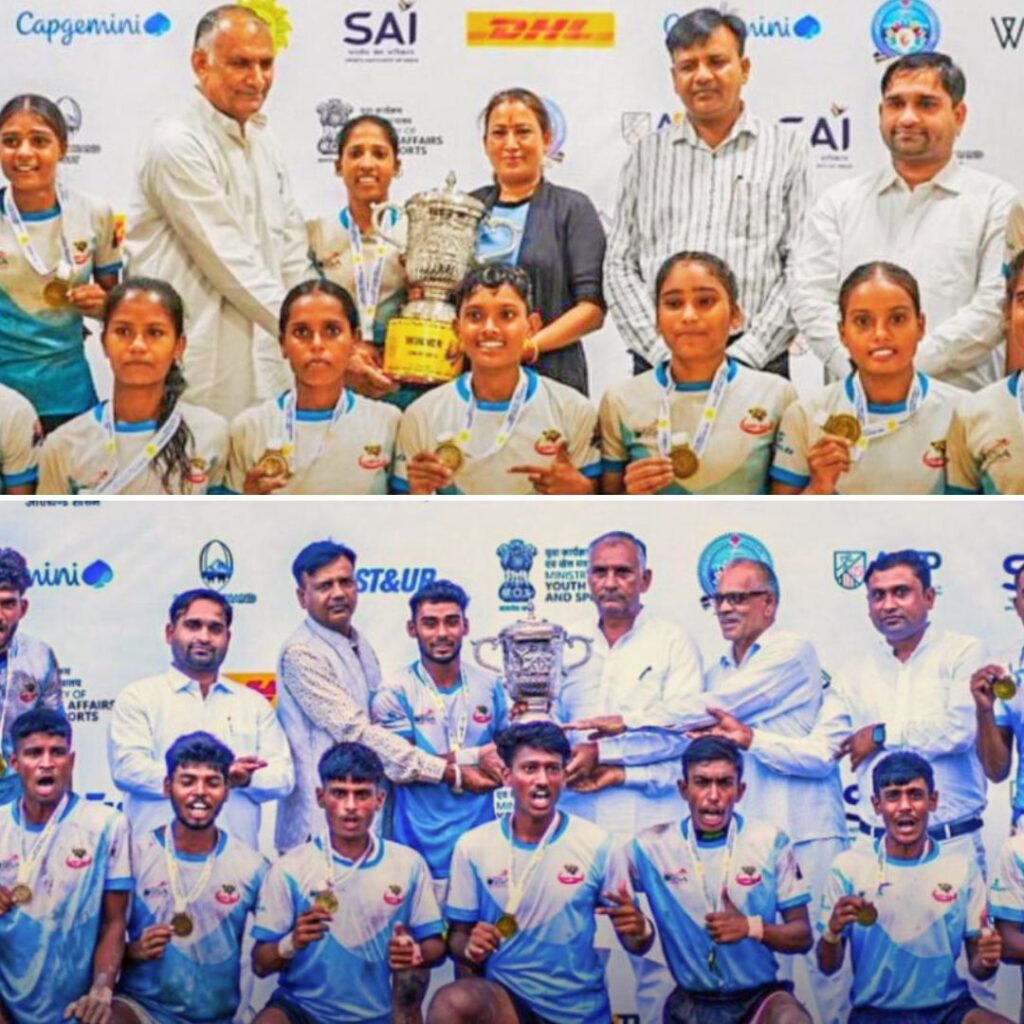It is always easy to point a finger at the other person or blame the government for not doing its job. But what is it that we do after this blame game? We go our way and forget about the issue thinking ‘nothing can be done to this country’. But have we ever been tired of the complacency that is so ingrained in us and tried to settle matters on our own?
The Logical Indian had the opportunity to talk to one such individual who has decided that it is his responsibility to contribute in the simplest possible way towards the society by running a zero-waste restaurant since 2013. Gopinath Prabhu, the owner of New Krishna Bhavan in Malleswaram, has been running his restaurant on zero waste model for four years. In an exclusive interview with The Logical Indian, Prabhu has talked about what made him take up this job and how he has managed this feat.
What made him opt for this option?
“It feels great when I can tell people about my restaurant and how I have revamped it to churn out almost zero waste. But I also feel that I am doing nothing new or extraordinary. This should be the responsibility of every citizen of India,” Prabhu remarked.
This silent revolution led by Prabhu has been taking place in his restaurant since 2013.
“Every time I used to go out in the city I noticed how the city streets are filled with garbage and how even the ones travelling in expensive cars do not think twice before littering the streets,” Prabhu said. But he was honest enough to say that it was not till he was personally affected that he took to doing something about this.
“The Bruhat Bengaluru Mahanagara Palike (BBMP) had told that the bulk generators of garbage like that of hotels, restaurants, apartment complexes, Kalyana Mandapa, commercial complexes are supposed to take care of the waste they generate,” he explained.
A garbage contractor was fixed for the people in the locality who was meant to take care of the litter in the area. “But there arose another problem now. The garbage collector started shirking off his work and asking for more money with every increase in the price of diesel,” he explained.
Another major problem was the timing of the garbage truck to come to collect the waste. “It was during the breakfast hours and our customers faced a lot of trouble because of the stench,” he said.
It was then that Prabhu realised the need of emphasising on the need of churning out less waste from the restaurant. “I had no other choice but to research and find out how I could reduce the amount,” he added.
A little effort that reaped a lot of benefits
Gopinath Prabhu got in contact with a solid waste management expert, M.S. Ramakanth trying to find out ways by which he could churn out less and less waste from the restaurant so that they could become self-sufficient in waste management.
“The advice given by Ramakanth has become a mantra to us now. The first thing that we were asked to emphasise upon was the segregation of waste,” Prabhu said.
Segregation of waste taking place under the supervision of Prabhu
With the 3 Rs (Reduce, Reuse, Recycle) that have been suggested by the expert, Prabhu has added the concept of ‘refuse’. “People should also know when to refuse and what kind of waste they can refuse,” he added.
A majority of the waste produced at New Krishna Bhavan is wet waste, half of which is water content. “But dumping this waste into the sewerage is not an option, they end up clogging the pipelines,” he explained.
How is it done?
All the employees at the restaurant have been trained so that they segregate the waste during their daily work and no extra effort or time is required. The wet waste goes into a bin, and dry waste such as grocery bags, plastic and bottles go into a sack that is placed nearby.
This wet waste is sent each morning to a piggery located 30 kilometres from Bengaluru. A person comes to collect the wet waste for 350 pigs each morning. The dry waste meanwhile, is given to rag pickers and is ensured that it is recycled.
The piggery to which wet waste is sent
Apart from wet and dry waste, around 10-15 kilograms of ash is collected in a week. Also,50kg of coffee and tea powder waste is generated per day. Although these are wet waste, they don’t go to the piggery. This is used for an organic fertiliser dump at a park nearby. The manure is then used to treat the plants in the park.
The leftovers from the coconuts used in the restaurant every day are not wasted. The husk is given back to the seller, who sells it to rope manufacturers. The shells are used as fuel for heating water.
On the advice of Ramakant, the hotel switched from disposable utensils to stainless steel one, to reduce waste at the source.
But there was another problem—some fruits, vegetables and cooked food was going waste because they were not used in the day.
Wet waste generated by the restaurant
To address this, Gopinath began keeping two log books. “The …











